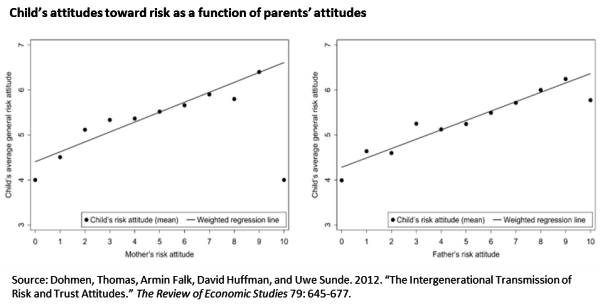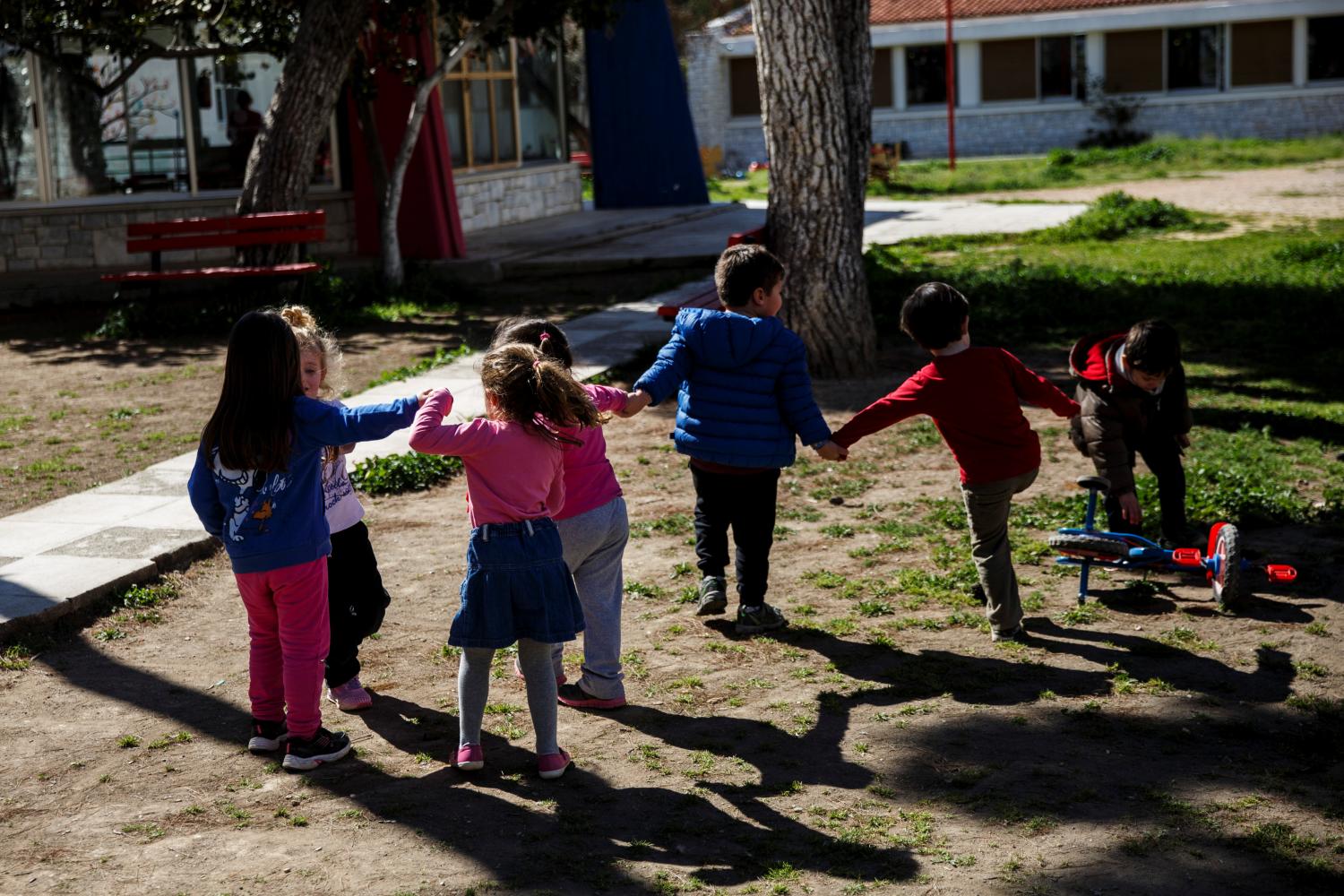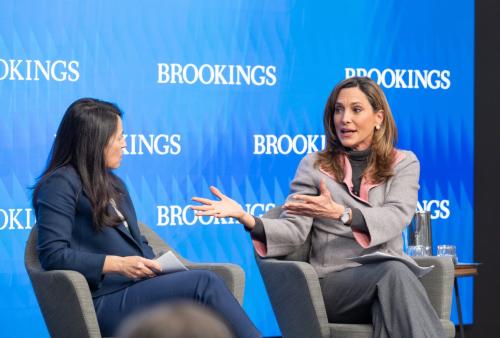Character strengths, including “grit” or motivation, matter for life outcomes – and may also be influenced by family income background (see this post from earlier this week).
Our new project comes at the character questions from the perspective of intergenerational social mobility. The intuition is obvious: If character strengths matter in life, and if character strengths develop more strongly in more affluent homes, then equal opportunity takes another hit. Over the coming months, we will be examining the character-opportunity link for three main reasons:
- Character strengths appear to be an important mechanism by which advantage or disadvantage can be transferred from parent to child. The ability to work hard, to avoid temptation for bigger payoff in the long run, and to bounce back after failure are important for success in school and in the labor market. Character strengths, like other attitudes, preferences, and mindsets, are likely to be passed on from parent to child. There is, for example, a correlation between parent and child in attitude toward risk:

- Character strengths may be more malleable, later in childhood, than cognitive skills. Cognitive skills gaps by family income are visible at kindergarten. Our schools, on average, fail to close this gap as students age. In contrast, Heckman finds that the most fruitful time for parents to cultivate non-cognitive skills may be around middle school, later than for cognitive skills. Of course, tackling the gap in cognitive skills is a vital task for education reformers interested in opportunity. But there may be serious mileage in tackling gaps in character strengths in our schools and communities—and not just in the early years.
- Public policy efforts to improve character strengths have so far been patchy, unfocused, and largely ineffective. The National Center for Education Research reviewed seven elementary school programs aimed at promoting social and character development and found that, on average, the programs did not improve student outcomes. However, the successes of KIPP schools and mentoring programs like Big Brothers Big Sisters suggest that more research and investment can lead to programs that work. There is untapped potential here to build and support programs that build specific, opportunity-enhancing character strengths.
If character and opportunity are inescapably intertwined, we need to open a new front in the war for opportunity, one that treats the inaptly labeled “soft” skills as vital ingredients in the creation of a more equal, more mobile, and more prosperous society.
The Brookings Institution is committed to quality, independence, and impact.
We are supported by a diverse array of funders. In line with our values and policies, each Brookings publication represents the sole views of its author(s).




Commentary
Character Gaps and Social Mobility, Part 2
March 20, 2014